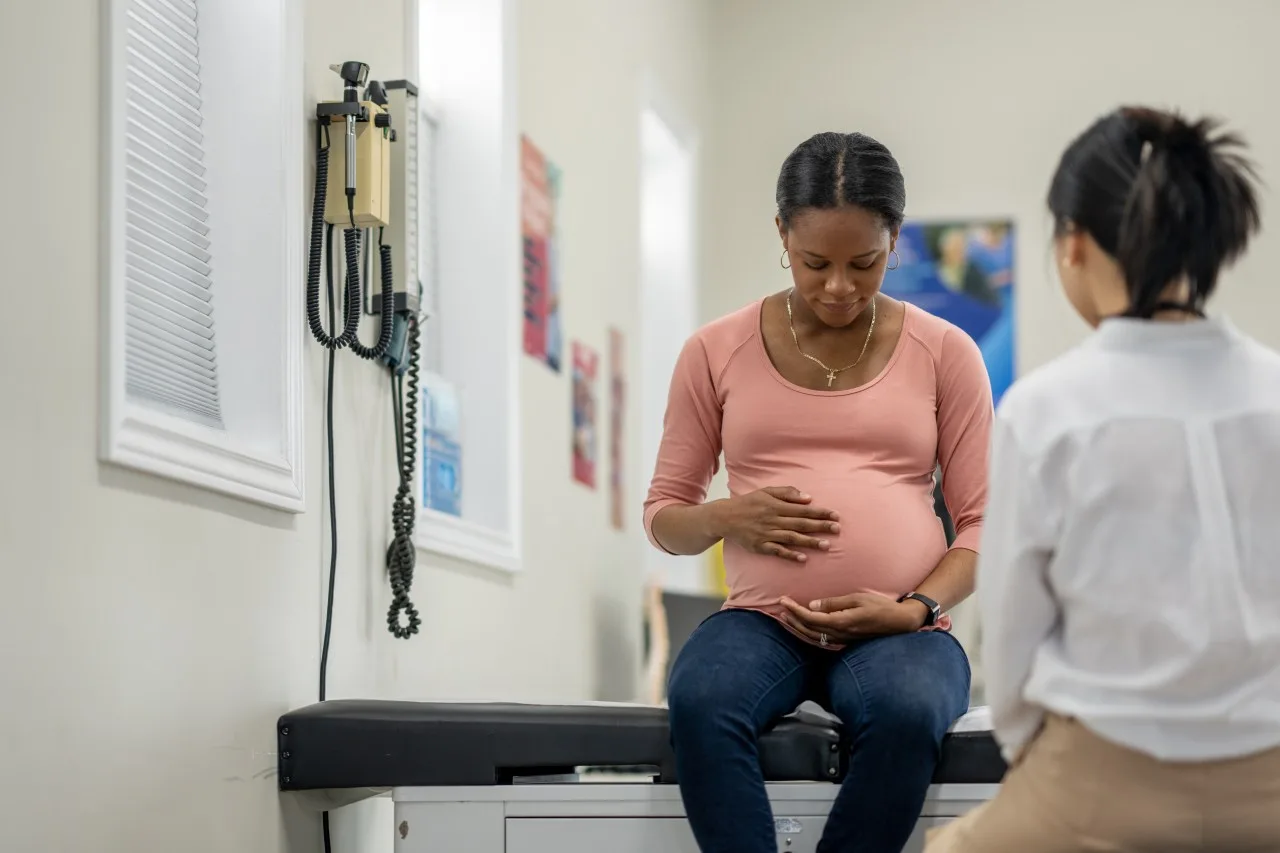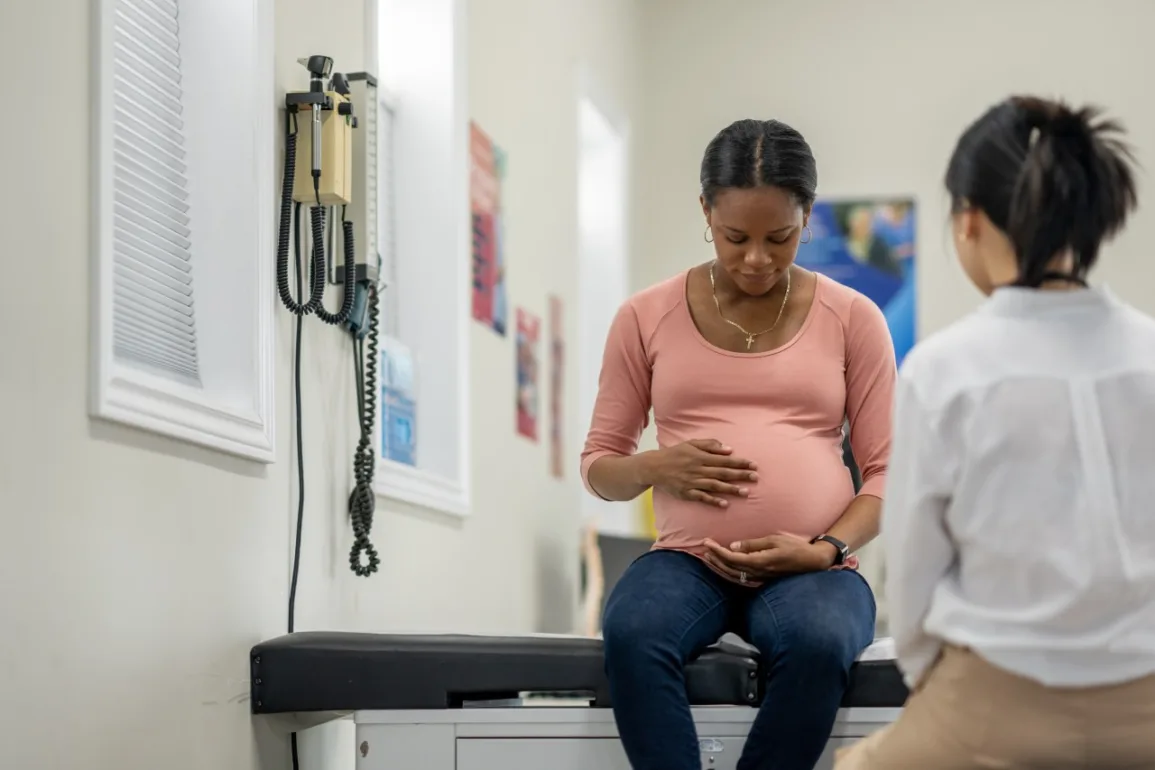
WICHITA, Kan. (KSNW) — Black Maternal Health Week began seven years ago. The goal is to highlight and make sure that women of color can feel empowered and educated while they are pregnant.
Data from the Centers for Disease Control and Prevention shows the maternal mortality rate for black women was 70 deaths per 100,000 live births in 2021. Black women also have higher rates of pre-term births, low birth weights and births in which they received late or no prenatal care at all.
“It’s very scary because I fit the narrative,” said Ricayah Hayden, who is African American with two kids.
The CDC says there are many contributing factors to why black women tend to have more pregnancy complications, which include underlying conditions and implicit bias.
Hayden says during her first pregnancy, she felt neglected by her doctor when things weren’t feeling right.
“Feeling dismissive, so I would say, ‘Hey, you know I feel this way.’ Just like, ‘Oh yeah, well, that’s normal.’ And continuously saying that and then like it got to the point of where I feel like I was complaining, so when I did say something, it wasn’t taken seriously,” said Hayden.
The head of the Wesley Birth Task Force is working to change that narrative.
“We will see you no matter what; we will take care of you no matter what. If this is your first appointment, we take care of you where you are and your pregnancy. We definitely are concerned; we want to help. We want to make a difference,” said Andrea Anderson, head of the Wesley Birth Task Force.
Hayden says that women shouldn’t feel alone and should stand up for themselves, especially in times of being vulnerable.
“It’s more common than what people think. I mean, the data speaks for itself to not be afraid and to reach out to your community and your friends because you know you just never know what they’re dealing with and then find a solution for it,” she said.
Hayden also went on to say that more education about high-risk pregnancies is needed in black communities. Wesley Medical says they meet with black leadership to enhance education. Black Maternal Health Week ends April 17.


